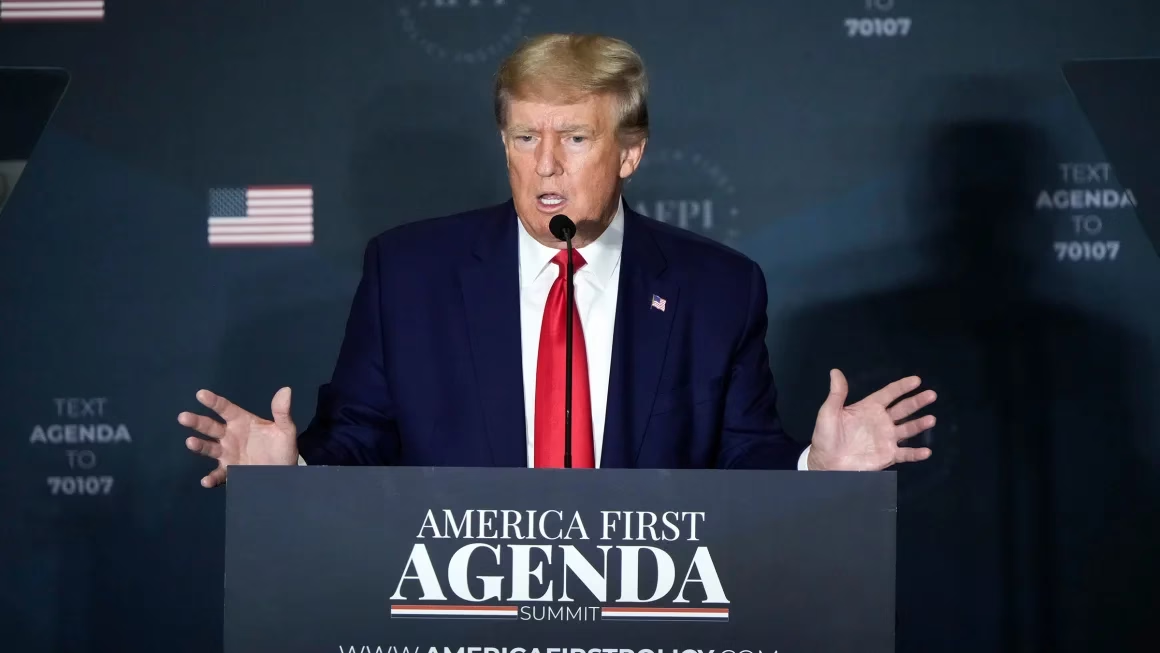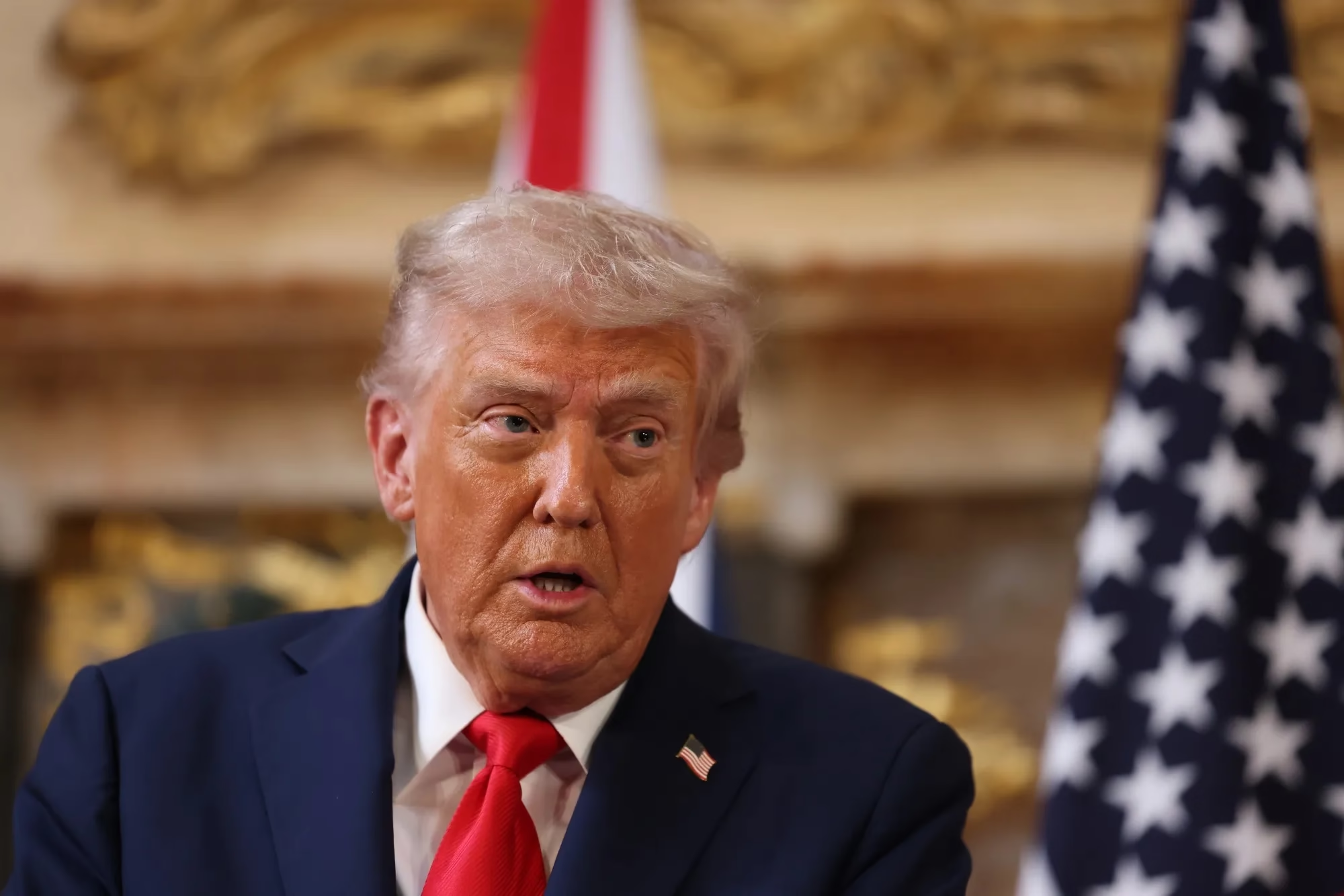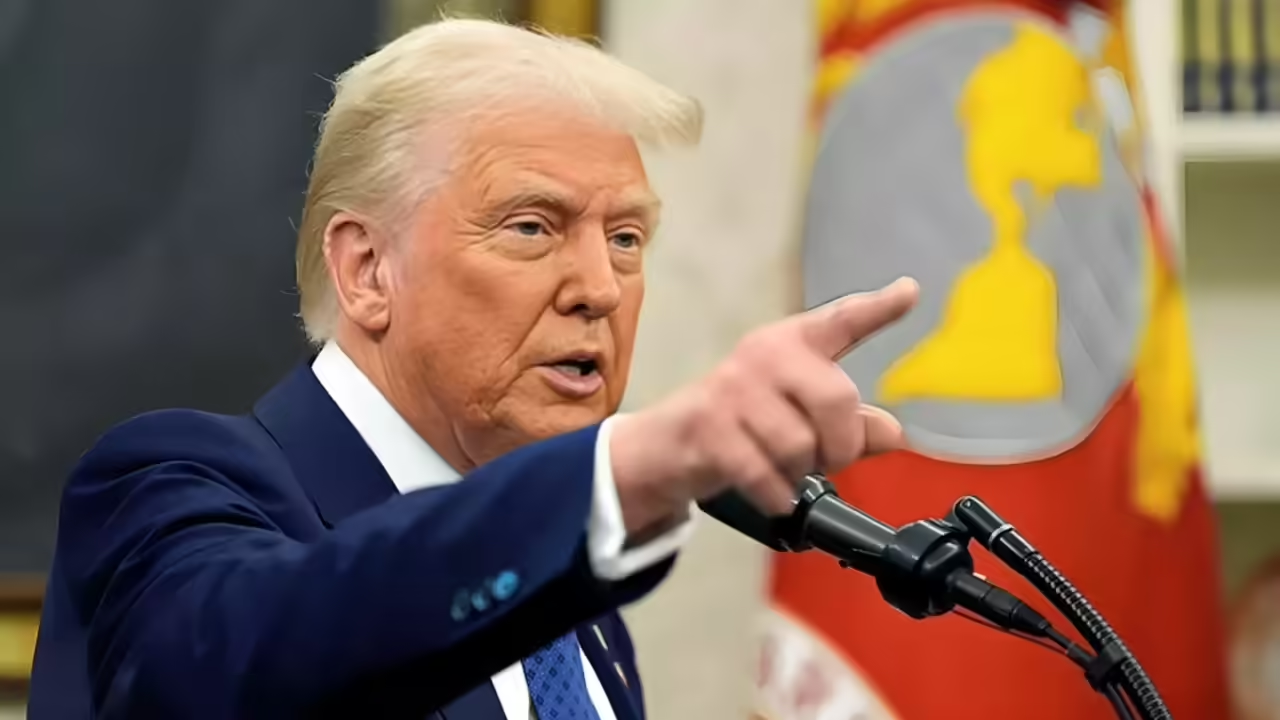Tariffs, Alliances, and Expansionist Rhetoric Redefine U.S. Foreign Policy
Embed from Getty ImagesWASHINGTON/TOKYO/BRUSSELS, April 27 (Reuters) — In his first 100 days back in office, President Donald Trump has launched a sweeping tariff war, slashed U.S. foreign aid, and disrupted alliances, setting the world order on an uncertain course.
Trump has alienated allies, emboldened adversaries, and reintroduced expansionist rhetoric unseen in modern U.S. history. His administration’s abrupt moves have raised alarms across global capitals and triggered a wave of recalibration among U.S. partners.

A More Radical Trump
“Trump is much more radical now than he was eight years ago,” said Elliott Abrams, a conservative former U.S. diplomat. His second-term “America First” strategy has deepened global unease, with some countries considering irreversible changes to their foreign and defense policies.
Governments are reacting swiftly. European nations are ramping up defense spending, South Korea is debating a nuclear arsenal, and U.S. allies are quietly exploring closer ties with China to hedge against Washington’s unpredictability.
Tariff Wars and Economic Turmoil
Trump’s tariff battles against China, the European Union, and other major economies have roiled global markets. According to the World Trade Organization, global trade volume shrank by 2.3% in early 2025, marking the steepest quarterly drop since 2009.
Financial markets have struggled to adapt. The dollar weakened by 6% against major currencies, and the IMF slashed its 2025 global growth forecast to 2.1%, citing “prolonged uncertainty fueled by U.S. trade policies.”
Despite warnings, Trump insists the tariffs are “necessary medicine” to correct decades of “unfair trade.” Yet, critics say his goals remain murky, and few clear wins have materialized.
Strained Alliances and Shifting Loyalties
Trump’s approach to NATO has shaken transatlantic ties. His public criticisms and demands for increased European defense spending have driven Germany, France, and others to consider military self-reliance, raising concerns about NATO’s future cohesion.
German Chancellor Friedrich Merz warned, “It’s five minutes to midnight for Europe.”
Meanwhile, Trump’s tilt toward Russia — including calls for Ukraine to cede territory in peace talks — has alarmed Kyiv and its European backers. His controversial phone clash with Ukrainian President Volodymyr Zelenskiy in February 2025 further deepened tensions.
Expansionist Ambitions Stir Global Anxiety
Trump’s talk of annexing Greenland, reclaiming the Panama Canal, and making Canada the 51st state has raised eyebrows and angered allies.
“When you demand to take over part of Denmark’s territory, what are we to believe about the America we admired?” Danish Prime Minister Mette Frederiksen said during a visit to Greenland.
Analysts fear Trump’s rhetoric could embolden China’s territorial ambitions toward Taiwan. The Chinese government has already used U.S. actions to justify its military buildup in the South China Sea.
Adversaries Adapt to a New Reality
While Trump frames his aggressive posture as strength, adversaries are exploiting the chaos. China has strengthened its ties with Europe, as Spanish Prime Minister Pedro Sanchez and Chinese President Xi Jinping pledged closer economic cooperation in a recent Beijing summit.
Meanwhile, Beijing has filled gaps left by U.S. foreign aid cuts, expanding its influence in Africa and Latin America. Russia, too, has used Trump’s NATO skepticism to sow division among Western allies.
Domestic Backlash Brewing
At home, Trump faces mounting criticism. A Reuters/Ipsos poll conducted in April found that 54% of Americans believe Trump is “too closely aligned” with Russia. Only 38% of Americans support his aggressive trade policies, and support among moderate Republicans is slipping.
Democrats and some Republicans warn that Trump’s policies could damage America’s global standing for years. “What’s happening is not yet beyond the point of no return,” said Aaron David Miller, a veteran U.S. diplomat. “But the longer this continues, the steeper the climb back.”
Future Uncertain
Trump’s actions have forced allies and adversaries alike to reconsider their long-term strategies. Whether the U.S. can regain trust and rebuild the rules-based global order remains to be seen.
For now, the world watches, adapts, and braces for what could be a turbulent next four years.



